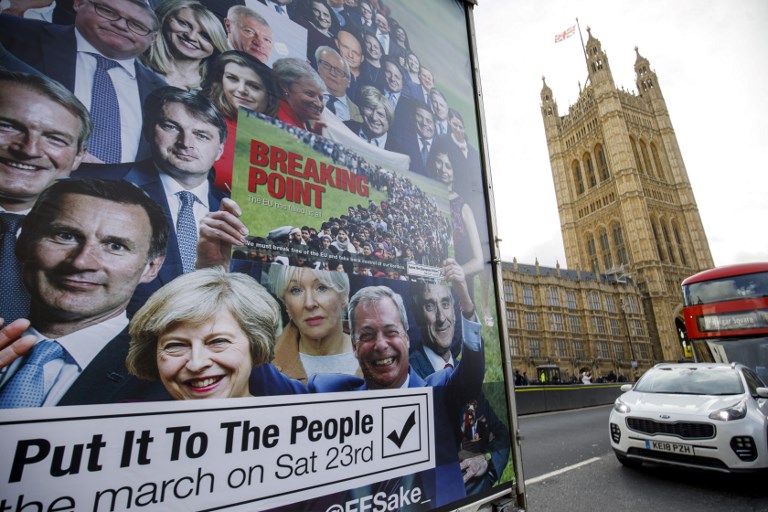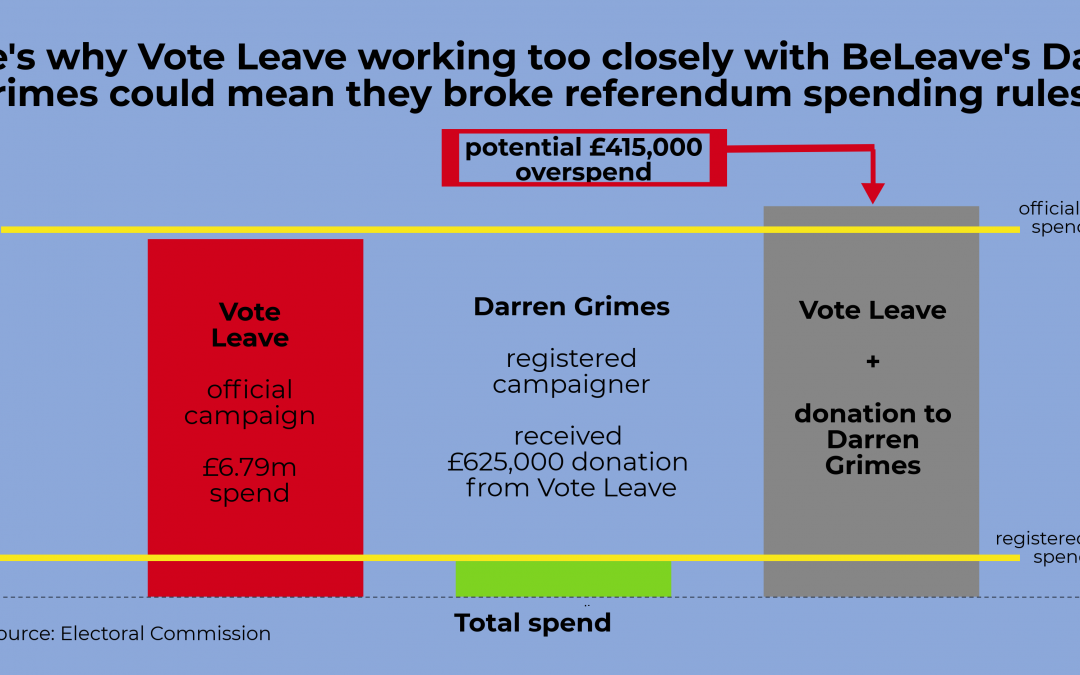At first, my lack of acceptance was due to my reaction of shock, anger and sadness. It was then exacerbated by the emerging lies and misinformation of the Vote Leave campaign, which persuaded so many people to vote the way they did, through no fault of their own.
Over time, it has become increasingly clear that the people behind the lies and misinformation were complicit in breaking the law, including some senior members of government.
The Vote Leave Campaign were fined the maximum amount possible by the Electoral Commission, having exceeded legal spending limits, especially in the run-up to the referendum. Vote Leave was subsequently referred to the Metropolitan Police and National Crime Agency to answer possible criminal charges.
Several months later, we still await the outcome – or any news whatsoever – of those investigations.






 Sue Wilson, chair of Bremain in Spain, reckons that Brexit could be further away than at any time during the last 18 months.
Sue Wilson, chair of Bremain in Spain, reckons that Brexit could be further away than at any time during the last 18 months.





